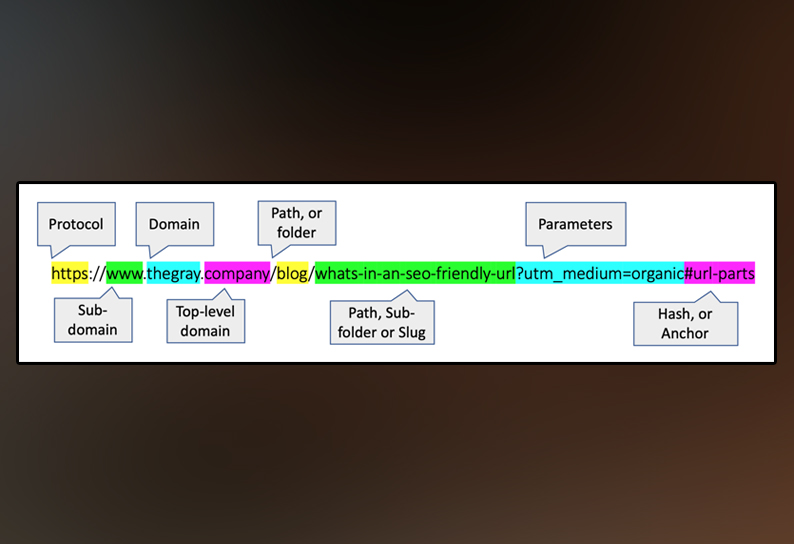In this edition of “Ask an SEO,” Elisa from Hyde Park raises an intriguing question about the use of multiple domains closely related to a single product. Her client owns about 20 domains with keywords closely associated with their products, all of which currently forward to their main website. Elisa is curious about whether there’s any benefit to retaining these domains or if there’s a more strategic approach to consider.
It’s a common practice for businesses to secure multiple domains related to their products or services to protect their brand identity and prevent competitors from acquiring them. However, is there a genuine SEO advantage to this strategy? While Google’s John Mueller has stated that “keywords in domain names are overrated,” the real-world impact often appears to contradict this sentiment, especially in competitive industries.
So, what should SEO professionals do when faced with such conflicting advice? Let’s explore some strategies for navigating the multiple domain dilemma.
Long-Term Approach: Follow Google’s Guidance
The first piece of advice, and one that extends beyond the issue of multiple domains, is to adhere to Google’s recommendations. However, there’s a caveat – follow Google’s advice in public.
The SEO industry constantly evolves, and Google’s algorithms and guidelines change accordingly. While it may seem that certain tactics are currently effective, they might not align with Google’s future direction. John Mueller’s statements provide valuable insights into Google’s perspective, even if they don’t seem immediately applicable.
The best approach is to heed Google’s guidance and anticipate that it will align with the company’s future algorithm updates. Therefore, if you’re concerned about the time and effort required to make your website compliant with Google’s latest recommendations, it’s wise to begin planning and implementing those changes sooner rather than later.
Short-Term Strategy: Seek Opportunities
A fundamental principle of SEO is to identify opportunities to deliver the information that users want and need. By approaching SEO from this perspective, you can uncover ways to enhance your content, brand, and website.
When an organization invests significant time and resources in evaluating various technologies for its website, it may miss out on valuable opportunities. Among the multitude of frameworks available, only a handful can be considered mainstream and mature. Unless your website has a specific problem that requires a particular technology, or you possess the internal resources to maintain cutting-edge features, it’s generally advisable to opt for one of the mainstream and mature platforms, such as WordPress or Drupal.
While even mature platforms have their challenges, there are well-documented solutions for most issues. Selecting a less mature platform can lead to unnecessary struggles and hinder your ability to capitalize on opportunities.
The Challenge of Multiple Domains
In most cases, maintaining multiple domains for a single business is not a recommended practice. Each domain requires dedicated effort to build, create compelling and rankable content, and secure backlinks. In essence, each domain necessitates its own SEO campaign.
This approach can be time-consuming, costly, and ultimately inefficient. It’s usually more advantageous to have a single authoritative domain with a well-designed site architecture that caters to all your target audiences.
However, there are instances where creating microsites for specific promotions or campaigns can be beneficial. Still, it’s essential to recognize that these microsites may not achieve organic rankings quickly enough to be effective for short-term promotions.
If your concern is that people may purchase domains similar to yours to divert traffic or harm your brand, it’s crucial to focus on building a strong online presence and maintaining a positive reputation. While securing domains related to common typos can be a practical step, attempting to purchase every possible variation is neither feasible nor necessary.
In conclusion, the decision to maintain multiple domains should be a deliberate one, driven by specific business needs and strategies. Instead of scattering your efforts across multiple domains, concentrate on optimizing a single authoritative domain for sustainable SEO success. Always stay attuned to Google’s guidelines, as their long-term impact is often more significant than short-term tactics.

